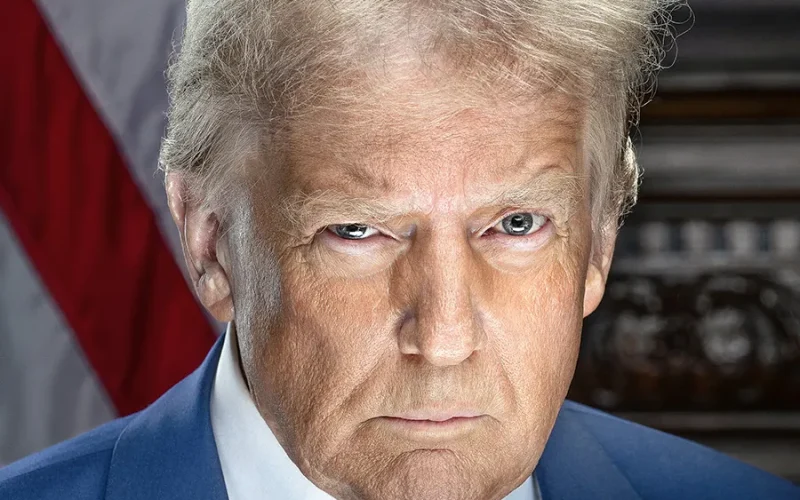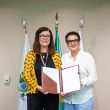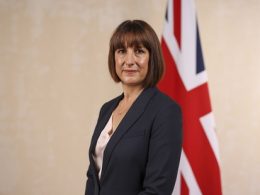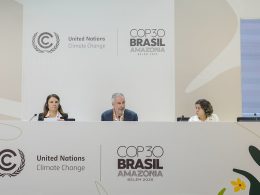The Trump administration has ordered US scientists to cease participation in key United Nations climate change assessments, according to sources familiar with the matter. The decision is part of a wider retreat from international climate cooperation and mitigation efforts.
The stop-work order affects personnel from the US Global Change Research Program and the National Oceanic and Atmospheric Administration who collaborate with a working group of the Intergovernmental Panel on Climate Change (IPCC). As a result, the US will not send representatives to the upcoming IPCC plenary meeting in Hangzhou, China, scheduled for 24-28 February, where key decisions will be made for the seventh global climate assessment.
The White House declined to comment on the withdrawal, and the State Department did not respond to requests for clarification.
Delta Merner of the Union of Concerned Scientists voiced concern over the decision, stating: “The power of the IPCC is that governments, businesses and global institutions can operate with shared conclusions. The US being completely removed from that process is concerning.”
Although American scientists will still contribute to climate research used by the IPCC, the absence of US officials in the assessment process is expected to have a significant impact. The upcoming meeting in China is set to discuss critical issues such as the role of carbon removal and capture technologies in reducing greenhouse gas emissions.
China’s foreign ministry stated on Thursday that it was unaware of the US withdrawal. The US currently co-chairs, alongside Malaysia, a key working group on climate mitigation.
The administration had also pledged approximately $1.5 million in funding for the IPCC, but this amount had not yet been appropriated by Congress.
The move comes as no surprise to climate scientists, given the Trump administration’s broader climate policies, including plans to withdraw the US from the Paris Agreement, reduce global climate finance commitments, and sever international partnerships on environmental issues.
“This would align with Trump’s signals around climate action,” said Kathryn Bowen, a professor at Melbourne University and a lead author on the IPCC’s sixth assessment report. She highlighted that the decision comes at a time when funding for climate science is already declining.
“Unfortunately, there has been a slow reduction of funding support for authors in the IPCC process in the last few years,” Bowen said. “High-income countries are looked upon as important sources of funding for colleagues from the Global South.”
With the US stepping away from the IPCC process, scientists and policymakers warn that the move could further weaken global efforts to combat climate change at a time when international collaboration is more critical than ever.





















